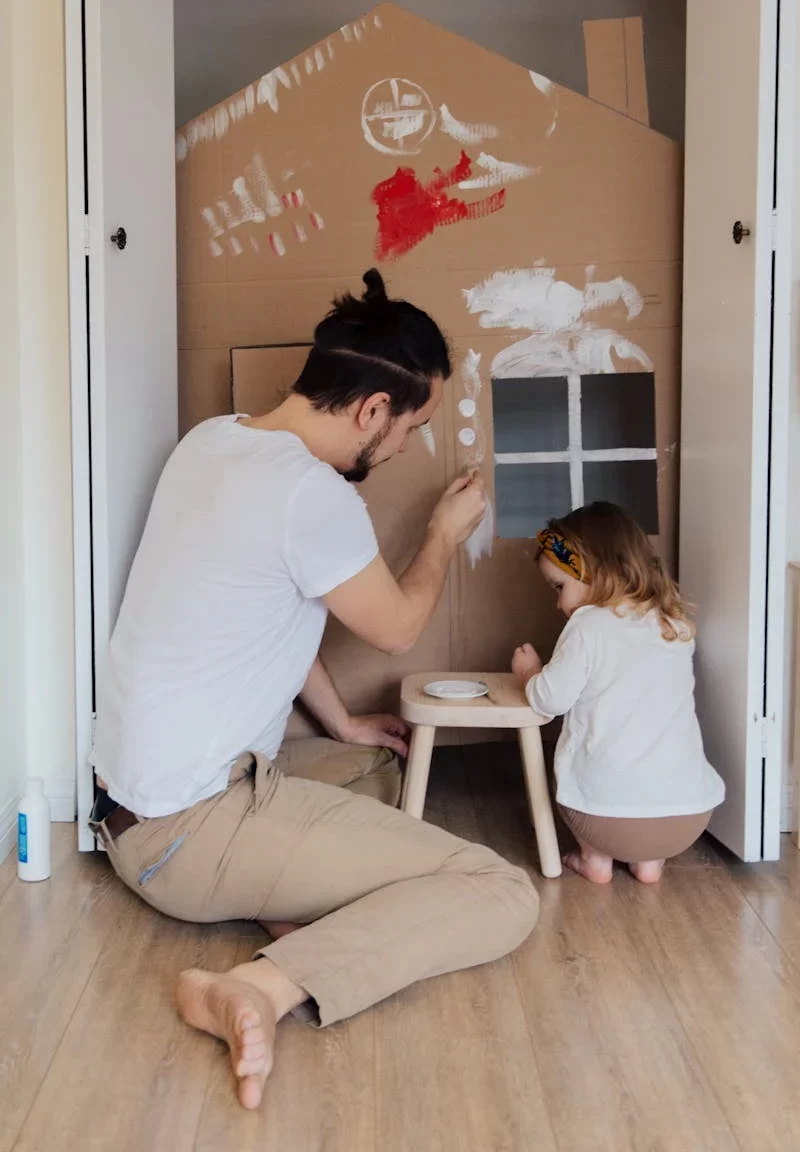
How to Make ‘Special Time’ for Our children
Single parents often feel that they spend ALL their time with the children, but do we really? Are we washing up? Going to playgroup? Cleaning? On the phone? Cooking? Are we actually communicating with them or is our mind elsewhere?
While we can tell our kids that we love them, it makes a far bigger impression to show them. It is important to spend quality or ‘special’ time with our children, as it conveys to them that they are likeable and that they are important. This makes them feel good about themselves. Special time builds a child’s self esteem and enhances our relationship with them.
If possible have special time at the same time each day or on the same days of the week with older children. This makes it clear to them that although you are busy doing chores, or at work, they will get their ‘special time’ at the pre-arranged time. They will grow to trust that time. When a child is trying to tell you something when you are busy, let them know that you are unable to discuss things now, but you will at ‘special time’. They will learn that there is always a time when you are all ears.
It’s good to talk
Let your child do the talking; don’t give them any leading questions. This shows them that you are just there with them because you want to be. You might be surprised at what they choose to talk about. Often this can be a time when your child will tell you something that is bothering them, but in a conversational way, so it doesn’t become a big deal.
While they are talking to you, repeat what they say. This shows them that you have heard and understood what has been said and reinforces that what they say is listened to and is valid.
- Ask questions during a conversation to make your child think.
- Share information about yourself. But remember that this is their time not your time to talk.
- Try to make time for at least 15 minutes a day with younger children and one hour twice a week with older children.
- Tell your child that you want to spend special time together because you love him/her.
This practice has worked time and time again, securing a positive relationship with adult and child. This works very well with teenagers as they are often off doing their own thing. If we can get them to spend a couple of hours an evening a week with us doing what THEY want to do, it can keep communication open.
If a child does not want to play or talk with you then, rather than getting on with something else, just stick around, join them on the floor and play with the toys or watch, they will see that you are accessible during this time. If a teenager doesn’t want to do ‘special time’, then let them know that you will be asking again on the designated time/day. If possible be around them, ask to listen to some of their favourite music or to see websites, so they can explain what and why they like particular things, unless they have locked themselves in their bedroom, that is!
If you have more than one child, have special time with all your children. It might seem like a huge task and make your week busier than ever, but the rewards gained from this activity are well worth it. Parents often say that while spending ‘special time’ with one child, a sibling may try and interrupt. A way to deal with this is to remind them when their special time is. Tell them how they or you wouldn’t like it if their special time were ruined. Never cancel special time because of naughtiness. Remember they might be naughty, but we still love them, they need to realise that too.

